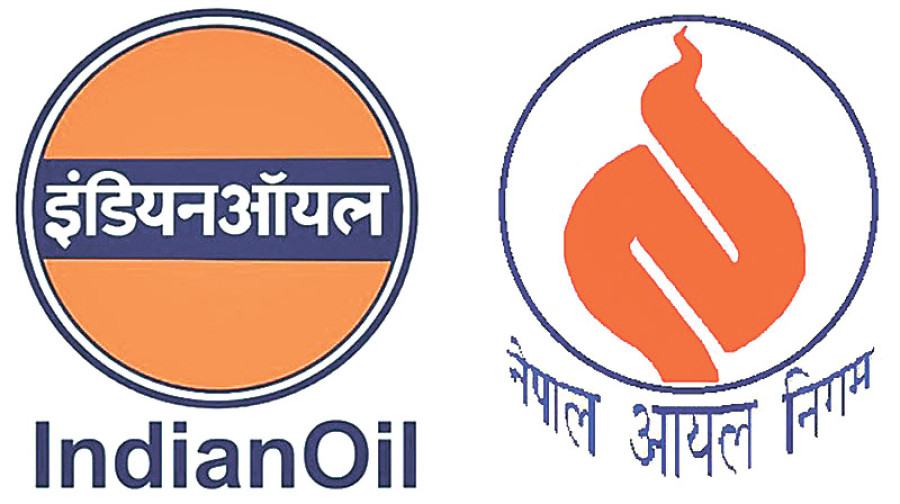Money
IOC proposal to open gas stations raises suspicions
The latest move by Indian Oil Corporation (IOC) to consolidate its hold on Nepal’s petroleum market by setting up gasoline stations has raised suspicions as memories of the 2015 Indian blockade when fuel supplies were cut off for more than four months are still fresh among Nepalis.
The latest move by Indian Oil Corporation (IOC) to consolidate its hold on Nepal’s petroleum market by setting up gasoline stations has raised suspicions as memories of the 2015 Indian blockade when fuel supplies were cut off for more than four months are still fresh among Nepalis.
IOC’s proposal to open petrol pumps as a joint venture with Nepal Oil Corporation (NOC) has also raised questions about energy security as Nepal has done very little to diversify sources of supply.
The last effort made in this direction was to sign an understanding with China to seal a commercial deal on oil supplies in the heat of the Indian embargo. Nothing has been done since then.
IOC recently expressed interest to install 100 petrol pumps as a joint venture with state-owned oil monopoly NOC. IOC is also interested in helping NOC build a cooking gas pipeline.
This week, a delegation of IOC officials visited petrol pumps and gas bottling plants in Nepal to explore the possibility of establishing a joint venture. IOC is reported to be pushing Nepal to form a joint venture, but the Supplies Ministry and NOC officials said that would not happen.
“As per Nepal’s laws, it is not possible to involve foreign companies in the petroleum business,” said Supplies Secretary Prem Kumar Rai. Refuting claims that NOC had reached an agreement with IOC to set up a joint venture, Rai said Nepal had only agreed in principle to seek technical support to establish ‘model petrol pumps’.
NOC Managing Director Gopal Bahadur Khadka also denied an agreement had been reached with IOC to set up fuel stations jointly.
“Bilateral discussions were focused on getting IOC’s technical support to build refilling and storage plants for petroleum products and cooking gas,” he said, adding that the IOC team had only visited gas bottling plants to study the possibility of erecting storage plants in all seven provinces.
There has been much talk in Nepal about ending dependence on fuel supplies from India after the southern neighbour imposed a blockade from September 2015 to February 2016.
Oil shipments came to a total halt due to the embargo, forcing Nepal to look towards China to ensure energy security.
During the then prime minister KP Oli’s visit to China last year, the Chinese side had agreed to conclude a commercial deal on the supply of petroleum products. Apart from reaching an agreement on building oil storage facilities in Nepal, the two sides agreed to speed up discussions on pricing, taxation, transportation, quality control and customs and frontier formalities.
However, no further progress has been made. A few days ago, a Chinese delegation visited Nepal to study potential sites for the construction of oil storage facilities proposed by NOC.
According to Khadka, NOC called for tenders to purchase land in Jhapa, Sarlahi, Mahottari, Chitwan, Rupandehi, Dhangadhi and Dhading districts. The corporation has planned to buy 20 bighas in each of these districts.
Likewise, NOC has moved to buy 200 ropanis of land in Dhading and Tanahu districts as part of its plan to increase fuel storage capacities to three months’ supply. It has earmarked Rs117 billion for the purpose.
The private sector has also been protesting the possible involvement of IOC in the petroleum business.
Lilendra Prasad Pradhan, president of the Nepal Petroleum Dealers’ Association, said it would not be appropriate to invite the Indian company to invest in the country’s fuel retail business. “The private sector is capable of investing in the fuel business and operating it,” Pradhan said.




 10.12°C Kathmandu
10.12°C Kathmandu












